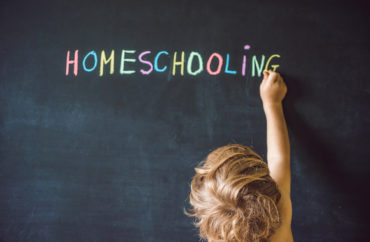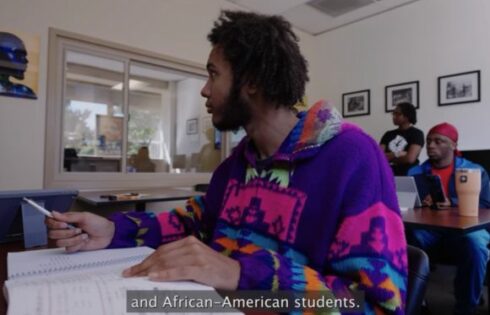
The single-year gains have been extraordinary
“The home-schooling bump.” That’s what the Investigative Reporting Workshop is calling the sharp increase in the number of students whose parents switched them to homeschoolers during this very pandemic-themed school year.
The May 10 story, written by Sasha Fernandez and published in cooperation with WAMU 88.5 American University Radio, focuses mostly on the Commonwealth of Virginia, Maryland, and the District of Columbia.
Yet the story notes that these results are not out of whack with the national trend of a serious spike in the number of home schooled children.
In the previous school year, Virginia had almost 40,000 registered homeschooling students. That spiked by over 21,000 students to nearly 60,000. In Maryland, homeschoolers jumped from 27,000 to 36,000.
In DC, the raw numbers are not impressive, but the percentage change is: from 389 to 764 homeschooled students, or a 96% increase.
Nationally, the percentage of homeschooled children climbed from 5.4% in April 2020, as many public schools were closed and riding out the rest of the school year digitally, to 11.1% in October 2020, when American public schools’ great experiment in distance learning was in full swing.
That 11.1% might, in fact, be a significant undercount of homeschoolers. There were also a huge number of dropouts in the present school year that is winding down who are presently simply unaccounted for.
Some former students are doing nothing in the education space. Others may be homeschooled but simply not registered yet. It wouldn’t be surprising, when all is accounted for, to see that homeschoolers made up closer to 15% of the American school aged population.
State governments are currently banking on whatever the current number of home schoolers is being the high water mark before a long receding tide.
Usually, enrollment determines school budgets. This school year, administrations in both Annapolis and Richmond added more money for local schools. Those topped-up numbers are not likely to last, however, if students don’t come back in great numbers in the next school year.
Even homeschooling boosters expect homeschooling numbers to come down a bit once schools return to “normal.” But the question remains, how far down?
“We don’t know how many of those [students] will actually continue to homeschool when public school is entirely open, but we expect a lot of them will,” Yvonne Bunn of the Home Educators Association of Virginia told the Investigative Reporting Workshop.
But what happens if homeschooling keeps on growing?
To be clear, I believe that there will likely be a slight decrease in the number of homeschooled students for the next school year. But beyond that it’s an open question. We could see homeschooling consolidate most of its gains and march on up the charts over the next several years.
Remember, it’s not just a worldwide pandemic that is driving the increase in homeschooling. There is also a lot of dissatisfaction with public schools for reasons various and sundry, and the fact that public education no longer has force of habit on its side.
Enough students who are technically enrolled in public schools have been de facto homeschooling via Zoom for large stretches of this school year. Many of those students will want to go back to school, to be sure. However, some students and parents will decide they can do better.
Homeschooling is now an option on the table for them in a way that it really wasn’t before.
MORE: Census Bureau: Home-schooling more than doubled in 2020, higher in some regions
IMAGE: Elizaveta Galitckaia / Shutterstock.com
Like The College Fix on Facebook / Follow us on Twitter






Please join the conversation about our stories on Facebook, Twitter, Instagram, Reddit, MeWe, Rumble, Gab, Minds and Gettr.